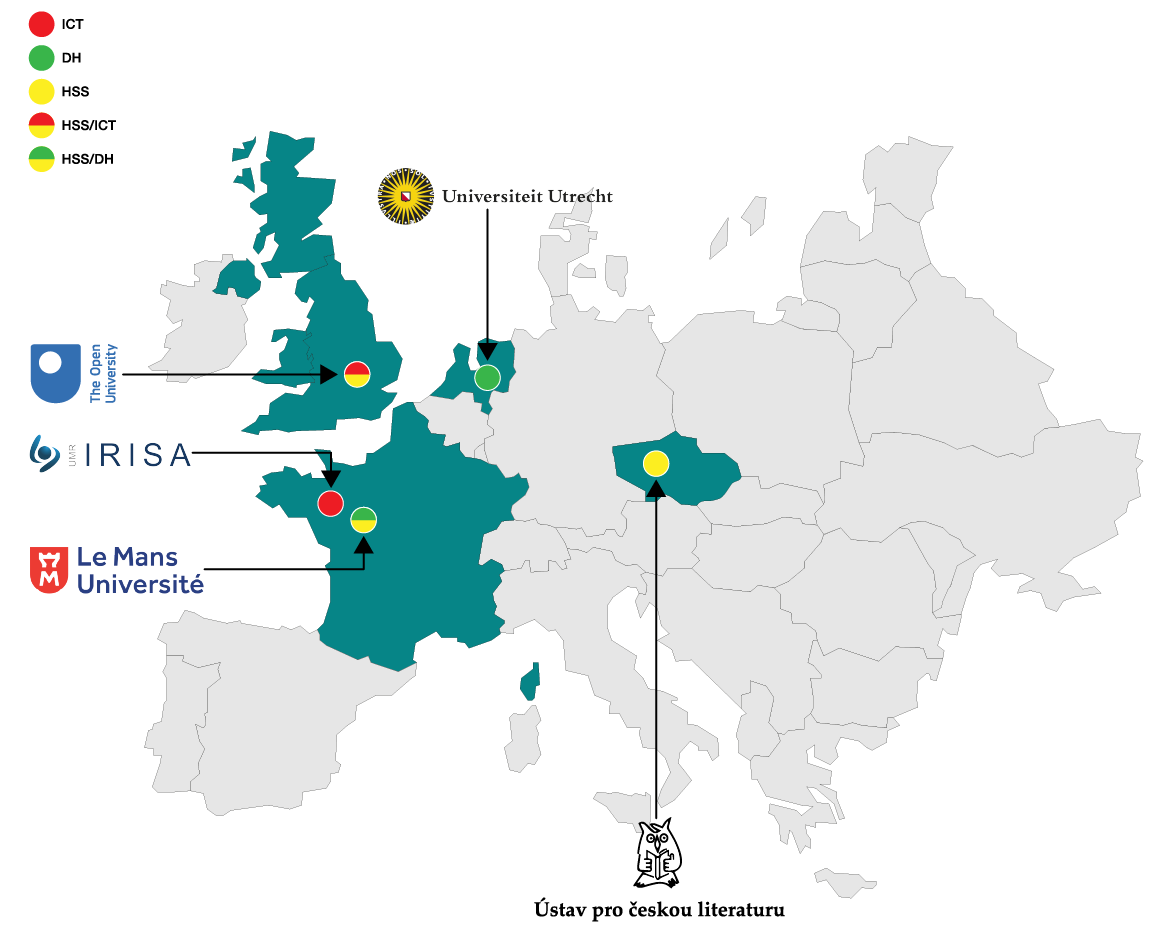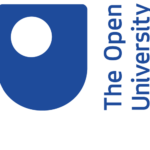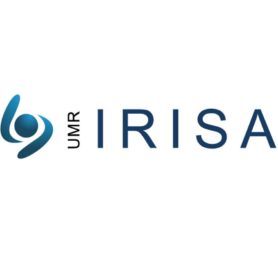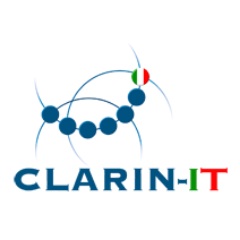Consortium


Le Mans Université (France) has established expertise in the humanities and digital humanities in the area of cultural history. Brigitte Ouvry-Vial (PL & WPL0) Full professor of Literature and Media studies is the founder and Director of the Institute of Human and Social Sciences-Digital Humanities. Her research coordination experience includes PC of ANR-Reading-in-Europe Research Network (45 participants, 15 European countries) and 1 Regional Research program on European culture, MC member in COST Action E-READ. Anne Baillot (WPL1), Full Professor of German studies (who will join ULM as of September 2017) works for DARIAH-EU at a strategical level and contributes to DARIAH participation to PARTHENOS. Managing editor of the Journal of the Text Encoding Initiative, she is a member of the editorial board of the scholarly blog platform hypotheses and the editor of the French-German scholarly edition Letters and Texts. Intellectual Berlin around 1800. François Vignale (co-WPL1), Deputy Director of the University Library, is a Book historian specialized in 20th C cultural history. Within ANR-Reading- in-Europe he supervised the development of the proof-of-concept database EuRED, and initiated the data model, ontology and thesauri sustaining it. His is also co-PI in regional funded action PERFORM on Francophone Presses (19th-20th C).
 The Open University (UK) has considerable expertise in HSS, DH and ICT, complemented with know-how in public engagement. The team is led by Shafquat Towheed (PI & WPL5), director of the UK-Reading Experience Database initiative. Francesca Benatti is a digital humanist with specialist knowledge in text mining and stylometry; Alessandro Adamou, who built the acclaimed Listening Experience Database, is an IT developer with a strong expertise in Semantic Web. For general public engagement, OU will subcontract an SME, IN2, specialists in cross-platform web-apps for media management and publishing (http://www.europeana-space.eu/).
The Open University (UK) has considerable expertise in HSS, DH and ICT, complemented with know-how in public engagement. The team is led by Shafquat Towheed (PI & WPL5), director of the UK-Reading Experience Database initiative. Francesca Benatti is a digital humanist with specialist knowledge in text mining and stylometry; Alessandro Adamou, who built the acclaimed Listening Experience Database, is an IT developer with a strong expertise in Semantic Web. For general public engagement, OU will subcontract an SME, IN2, specialists in cross-platform web-apps for media management and publishing (http://www.europeana-space.eu/).

Digital Humanities Lab @ Utrecht University (Netherlands) has crucial expertise in DH in the field of book studies. José de Kruif (PI & WPL3) specializes in Digital Humanities and the history of the book, newspapers and pamphlets. She is senior researcher and the team leader of the Digital Humanities Lab @ Utrecht University. The Digital Humanities Lab aims to further the study and development of digital methods and technologies for research in the humanities. The Lab serves every humanistic field, including for instance medical history and the history of science.

Institute of Czech literature (Czech Republic) team members have extensive expertise in Literature and Book studies and provide a vast corpus of digital textual sources in multiple languages, covering a great variety of genres and the whole historical period considered. Michael Wögerbauer (PI & WPL4) Deputy director for international collaboration and head of the Department for Research into Literary Culture (VLK), is member of the scientific council of the Austrian Society for the History of the Book, editor-in-chief of Cornova, the multidisciplinary journal of the Czech Society of Research into the 18th Century (Prague), and chair of a collaborative research grant on the history of censorship. Together with Claire Madl (Curator, ICL Library) who researches on French 18th C sources, and with Petr Píša, Postdoctoral fellow, they collaborate within a funded program, “The building of a nation of readers. Networks, firms and protagonists in the book market, Bohemia 1749-1848”. Rare documents from Socialist readers‘ diaries in German, Polish and Czech, will be curated by Roar Lishaugen (Postdoctoral fellow in Slavic studies, currently at Oslo university). Jiří Trávníček (Professor, Brno, CR) author of Readership in the Czech Republic at the beginning of the 21th century, Prague: Akropolis, 2015 ) will work on 20th century readers‘ biographies. Anežka Kuzmičová (Senior researcher, currently at Stockholm university) will do empirical research on reading as a cognitive process and situated practice.

IRISA (France) is a specialist in ICT, focusing on multimedia, including textual, content mining and retrieval. Guillaume Gravier (PI & WPL2), senior research scientist, leads the Linkmedia research group which focuses on content-based media analysis, indexing and linking with the ultimate goal of enabling better multimedia applications and new innovative services. He has been involved in the direction of multiple national and international projects (e.g., FUI NexGenTV, OSEO Quaero, EIT ICT OpenSem, STIC AmSud Maximum) and in the organization of several international multimedia benchmarks. Pascale Sébillot and Vincent Claveau have complementary expertise in natural language processing, text mining and information retrieval.Ewa Kijak is a specialist of machine learning, in particular deep learning, applied to language processing.
Associate partners provide advices about specific resources for which they have unique expertise, facilitate access to bespoke archives centers and relay dissemination towards special user groups.
Corinna Norrick-Rühl (Johannes Gutenberg University, Mainz, Germany) for 21st C German-language Cultural Heritage sources and Germany-based archives such as the Mainzer Verlagsarchiv
Matthew Rubery (Queen Mary University, London, UK) has longstanding research interests in assistive literacy and the use of technology to identify evidence of reading across Europe will advise evaluating the database’s capacity to describe the reading experiences of blind and partially sighted readers, in relation with the Royal Association for the Blind.
Damiano Rebecchini (Università degli Studi di Milano, Italy) and an expert on 19th C Reading Russia, will contribute curated resources and assist in identifying related notions from web-based diaries from Russian 19th C censors and intellectuals.
Gustavo Gomez-Mejia (University of Tours, France), a founding member of new media lab PRIM, will advise the postdoctoral fellow (ULM) on specific online and on social media reading practices such as stalking.
IN2 (UK) a specialist provider of cross-platform web applications for media management and publishing, working closely with top universities, actively shaping European funded research in the fields of social media, digital content, digital culture, and cultural heritage. IN2 is subcontracted by the project to develop user-friendly applications for audience engagement through crowd-sourcing and (re-)using content that the project gathers, creates, collects, and makes available in its platform.
READ-IT has also the support of


